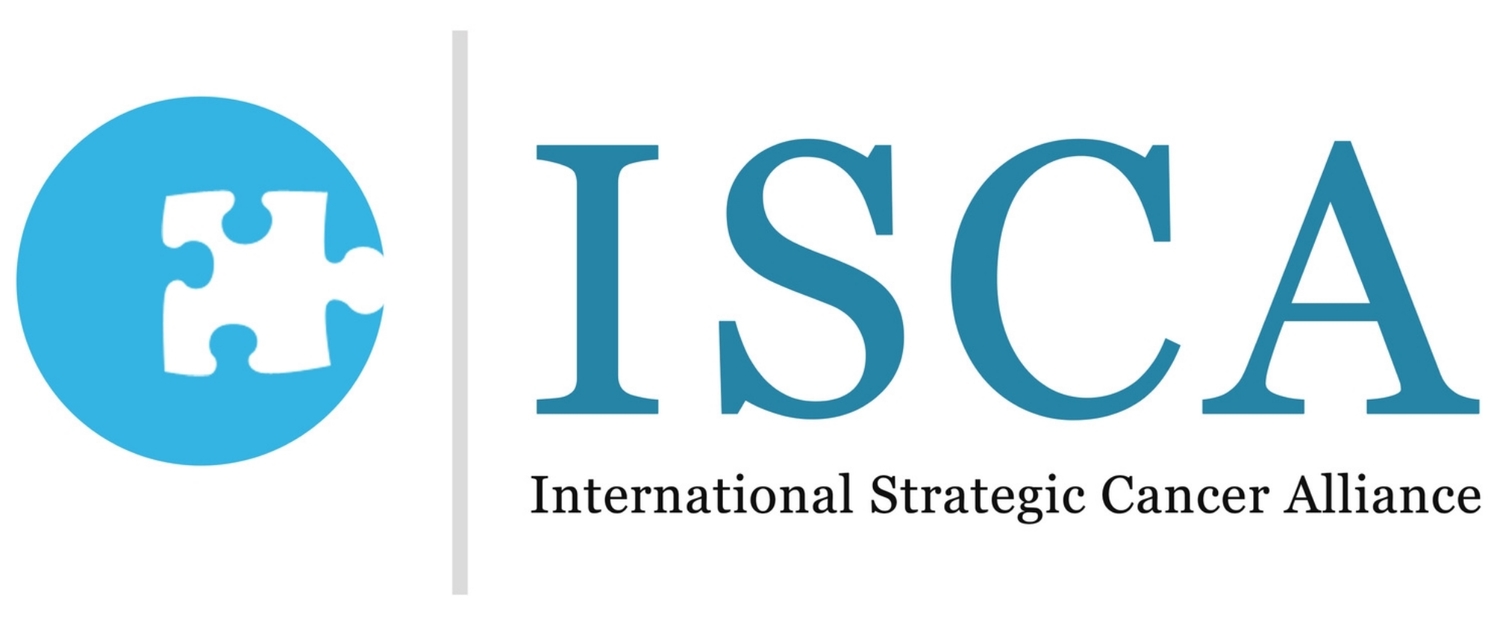Thursday, 29 January 2009 00:00 WASHINGTON - The so-called breast cancer genes BRCA1 and BRCA2 can raise the risk that a man who develops prostate cancer will get an aggressive form of the disease, U.S. researchers reported on Thursday. Certain mutations in the genes indicated a man was at risk of more aggressive cancer and should be treated right away, the team at the Albert Einstein College of Medicine of Yeshiva University said. Their study of 2,000 Jewish men shows the gene mutation, more common among Jews of European descent, might help show which men have a slow-growing tumor that may not need immediate treatment.
From MSNBC.com
The so-called breast cancer genes BRCA1 and BRCA2 can raise the risk that a man who develops prostate cancer will get an aggressive form of the disease, U.S. researchers reported on Thursday.
Certain mutations in the genes indicated a man was at risk of more aggressive cancer and should be treated right away, the team at the Albert Einstein College of Medicine of Yeshiva University said.
Their study of 2,000 Jewish men shows the gene mutation, more common among Jews of European descent, might help show which men have a slow-growing tumor that may not need immediate treatment. “One of the biggest problems with early-stage prostate cancer is being able to distinguish between tumors with the potential to become aggressive and those that may persist for many years without enlarging or spreading,” said Dr. Robert Burk, who led the study.
He said Ashkenazi Jewish men diagnosed with early-stage prostate cancer might want to consider getting tested for the mutations in BRCA2 and BRCA1.
“Our large study shows conclusively that prostate cancer patients with either the BRCA2 gene mutation or the BRCA1-185delAG mutation are more susceptible to aggressive cancers than people without that mutation,” Burk added in a statement.
For their study, Burk and colleagues tested 979 men with prostate cancer and 1,251 men without it for BRCA1 and BRCA2, both rare genetic mutations known in women to raise the risk of breast and ovarian cancers considerably. Men with any one of three mutations in the two genes were not any more likely to be in the prostate cancer group. But, if they did have one, their cancer was much more likely to be of an aggressive type, Burk’s team reported in Clinical Cancer Research.
Prostate cancer is the second-leading cancer killer of men, killing 221,000 every year globally, with 679,000 new cases diagnosed.
It is easily cured in early stages with surgery or radiation and some men have such slow-growing tumors that they are advised not to have any treatment at all. But distinguishing between the two is tricky and doctors welcome any new tools they can use to guide them.

